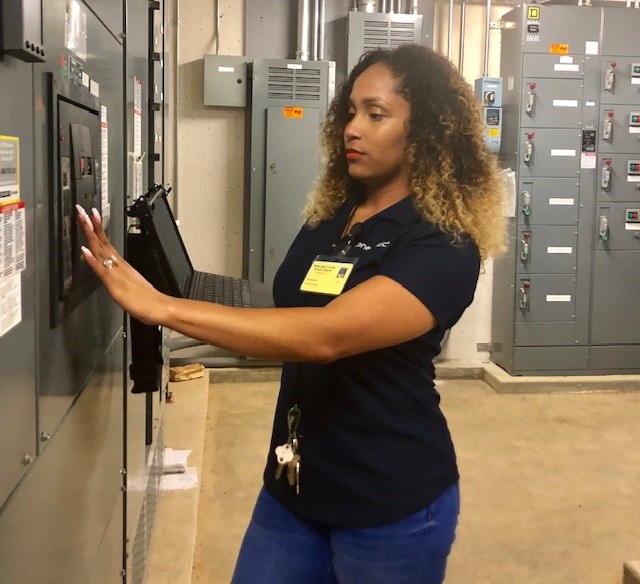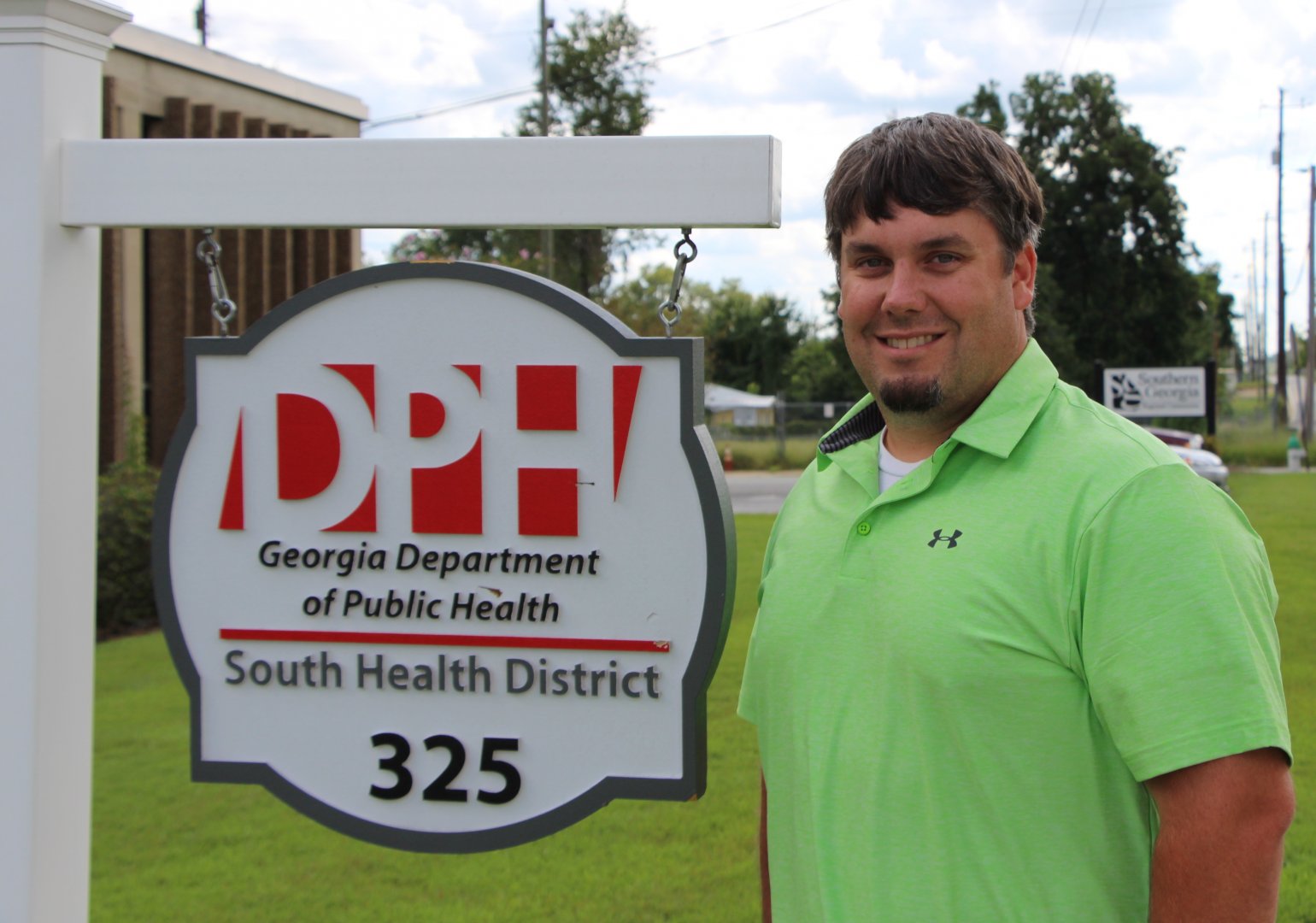Nearly a decade ago, the World Health Organization (WHO) reported an increase in infectious diseases and a reemergence of once dormant infectious diseases globally. In addition, according to the U.S. Energy Information Administrant (EIA), the U.S. consumed more energy than ever before in 2018.
To mitigate the increase of illness and conserve the environment, graduates of Fort Valley State University’s Master of Public Health (MPH) program are serving in positions across the state to improve the safety of air, water and food. They are also working to conserve energy for Georgians and beyond.
Dr. Oreta Samples, program coordinator for FVSU’s MPH program, said approximately 120 students are enrolled each semester. She accredits the flexibility of the staff and the needs within the public health workforce for the program’s popularity.
“What we’re doing here is powerful,” Samples said referencing the delivery of the program. “We like to think we are providing a service as well as an education.”
The 45 credit-hour graduate degree is available in a web-hybrid format offering students the opportunity to complete 75 percent of the coursework online and 25 percent face to face. MPH students can choose between two concentrations which include: environmental health and agricultural health.
Some of the positions graduates are filling include quality control managers, environmental health specialists and energy educators. Many fulfill these position within the Georgia Department of Public Health, the Centers for Disease Control and Prevention, the Red Cross and other state agencies.
“Very few of our students who get called for an interview do not get placed. It may not be the job that they interviewed for, but it will be another position where they are also qualified,” Samples said.
The MPH program coordinator attributes the program’s success to the curriculum. “We teach our students how to critically think and design assignments where they have to make decisions without much supervision,” she said.
The degree became so popular, in 2015 FVSU was asked to offer the program for a cohort of students in south Georgia. Chris Calhoun, a member of the cohort who met face to face in Tifton, Georgia completed his MPH degree in 2016. He received a promotion from the role of environmental health specialist to environmental health director for District 8-1 Valdosta.
“We all learned a lot from each other. I learned the origin for a lot of the polices and the federal guidelines that are administered in the states. The biostatistics course helped me understand the research components and how it drives policy that impacts us in our day-to-day lives,” Calhoun said.
Overall, the environmental health director said he is more knowledgeable, has garnered a better understanding of the public health field and is appreciative of the networking that he received by participating in the program.
In his role, Calhoun supervises environmental health specialists for 10 counties in south Georgia. These specialist provide permits and inspections for restaurants, hotels, body art studios, public swimming pools and septic tanks just to name a few.
In addition to students working for state agencies, military personnel have also benefited from the MPH program.

Rolesta Brooks enrolled in the MPH program in February 2015 while serving as an active duty U.S. Army engineer officer. The wife and current mother of four entered the program with two children and became pregnant with a third child while matriculating in the program.
“There’s no way I could have been a mother of three, an army officer supervising soldiers and complete this program with a 3.9 GPA without the constant support and flexibility of the staff,” Brooks said.
Furthermore, the MPH alumna expressed how the faculty members in the program made sure the curriculum applied critical thinking skills. “They didn’t allow you to be mediocre. They required you to go above and beyond. That’s what I appreciated most about the program; being challenged,” Brooks said.
The Columbus, Georgia native, now a retired Army Captain., serves as an energy specialist through Cenergistic for the Muscogee County School District. In this role she audits the energy consumption for all of the schools in the district, manages the HVAC equipment and calculates its impact on the environment. Her actions in this role include educating the district about energy usage and positive environmental impacts. It also educates school board officials about large financial savings they can implement within the schools.
For more information about the MPH program at FVSU, call (478) 825-6904 or visit https://ag.fvsu.edu/departments/graduate-studies/public-health/

